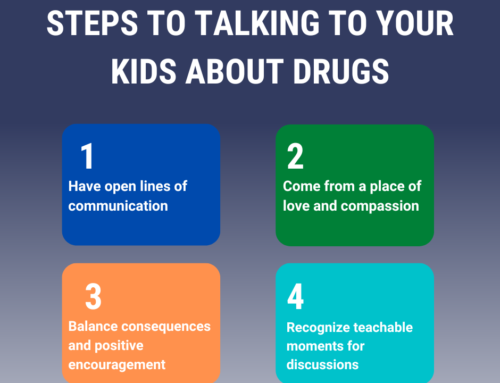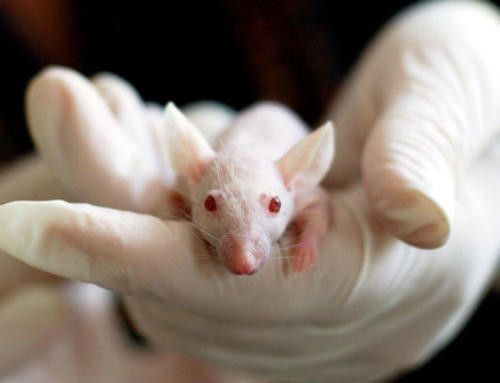Addiction doesn’t only affect you. It affects everyone in your life, especially your family. Family members take on surprisingly predictable roles to cope with living with someone who struggles with addiction. These roles may help them get by in the short term, but they often cause problems later on.
The enabler.
This is usually the spouse or partner. The enabler wants to take care of the addict and minimize the negative effects of her addiction. The enabler means well, but usually only perpetuates the addiction. Often, the enabler had a parent who also struggled with addiction. She may have coped with that situation by being extra helpful and accomodating. People in this situation often end up in codependent relationships that repeat their childhood experiences and the pattern perpetuates itself.
The hero.
The hero is usually the oldest child. She often excels at school, sports, or other interests. She is the responsible one who tries to make life normal for the rest of the family. The hero may experience a lot of stress and anxiety and lose touch with her own emotional needs. As an adult, the hero will likely continue to take on a lot of responsibility and is likely to end up in codependent relationships in which she can continue taking care of someone.
The scapegoat.
The scapegoat is sort of the anti-hero. She is often the second child and she takes the blame for anything that goes wrong in the family. While the hero is an overachiever, the scapegoat is an underachiever. She may get into trouble in school or with the law. When scapegoats get older, they act out more. There is often a lot of tension in the family because of the addict. When the scapegoat messes up, everyone gets angry at her instead of the addict, and it creates a perverse sense of family unity.
The mascot.
The mascot deals with the family tension with humor. This is often the youngest child. She wants to be funny, to lighten the mood, and keep everyone from being so tense and angry all the time. This child is often protected to some extent by her older siblings, particularly the hero. She will eventually catch on there is something wrong in the family, but she doesn’t bear the brunt of it.
The lost child.
This is usually one of the younger siblings. Her strategy is to lie low and avoid attention. She may spend a lot of time in her room. Other family members sometimes forget about her. She may be shy and have trouble making friends. She often feels unimportant.
Located in downtown Midland, The Springboard Center’s mission is to offer programs and services to treat alcohol and drug addiction treatment using an evidence based curriculum, 12 step programs, diet, nutrition, exercise, emotional, mental and spiritual development for a long recovery. For more information, please call us at 432-620-0255 as we are open 24 hours a day, 7 days a week.




